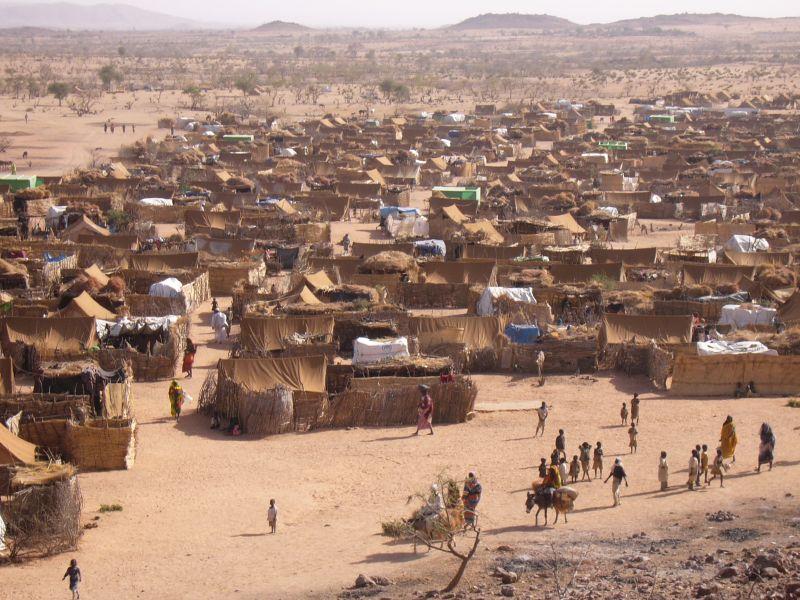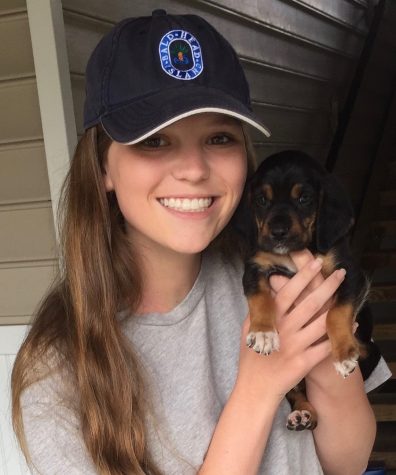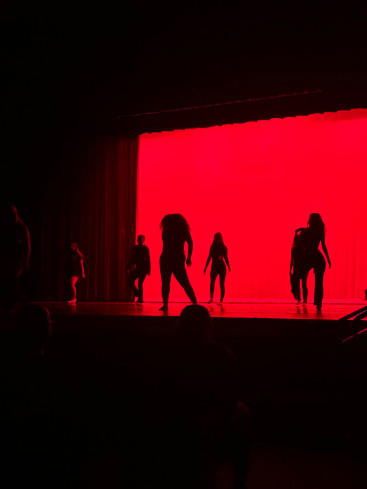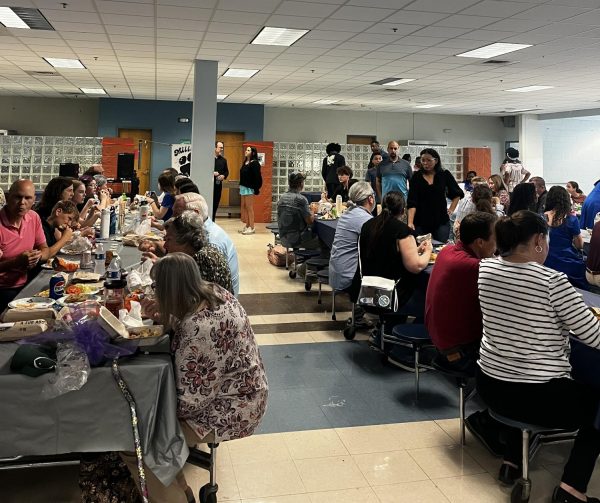Darfur: 13 years later and the violence continues
Displaced by the genocide, thousands of Darfuri men, women, and children are forced to flee their homes and go to refugee camps in neighboring Chad. This is just one out of thousands located throughout the country.
November 7, 2016
Darfur, Sudan: Over 400,000 murdered and nearly 2 million people displaced in 13 years. Darfuri men, women, and children are all being slaughtered by the oppressive government, militias, and tribes. The violence all began in 2003, when the Justice and Equality Movement (JEM) and the Sudan Liberation Army (SLA) rose up to overthrow the government after years of hardship and oppression in the country. For years, Darfur has lacked basic infrastructure and resources that so many take for granted today. Also, the rebels felt exclusion from having a say in their government. The other side of this conflict consists mainly of the Janjaweed: a group mostly composed of nomadic, Arab tribes. The Sudanese government, led by Omar al-Bashir, deny having any ties with the Janjaweed.
In 2003, after the uprising of the JEM and the SLA, the Janjaweed began terrorizing tribes and villages in the Darfur region by burning and raiding them. They also destroyed food and water supplies, and tortured and raped thousands of Darfuris. The group targeted villages that were inhibited by African tribes that are a part of the SLA and JEM. Race also comes into play, as they target darker skinned people. Although the Sudanese government denies being associated with the Janjaweed, it is well known that the government contributes to the movement by providing militiamen with weapons and money. The Janjaweed is also funded by the money and goods that they steal during their violent raides. This widespread violence in the region has forced millions to flee to neighboring countries such as Chad and live in refugee camps. Many boys, primarily between the ages of 9-15, are kidnapped from these camps, and forced to fight for the rebels against the government.
In 2009, the International Criminal Court (ICC) issued an arrest warrant for Omar al-Bashir for war crimes and having ties with the Janjaweed, but al-Bashir denies these claims. In 2010, the ICC issued a second arrest warrant for Omar this time with accusations of genocide. Omar is the only sitting president to have an arrest warrant from the ICC.
What was once front page news is no longer, but the violence continues to this day. When junior Emily Petersen was asked about the Darfur genocide, she was unaware that the conflict even existed: “I cannot believe that this kind of violence and genocide exists in our world today.” She was also appalled that the genocide has still not been resolved 13 years later.
If interested in helping those in Sudan who are affected by the genocide, go to savedarfur.org to learn more. Use your voice, take a stand, and be informed.












